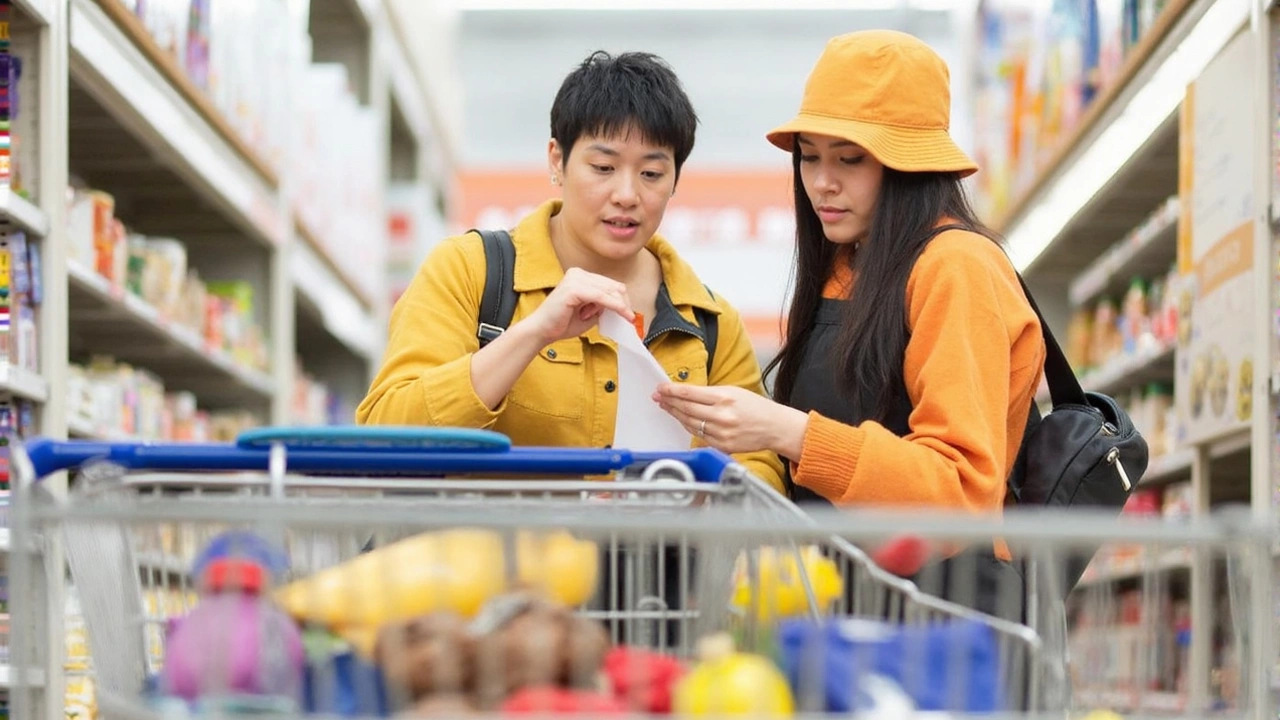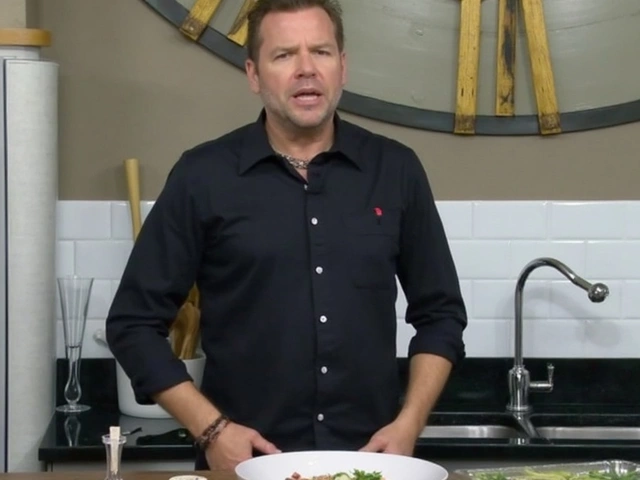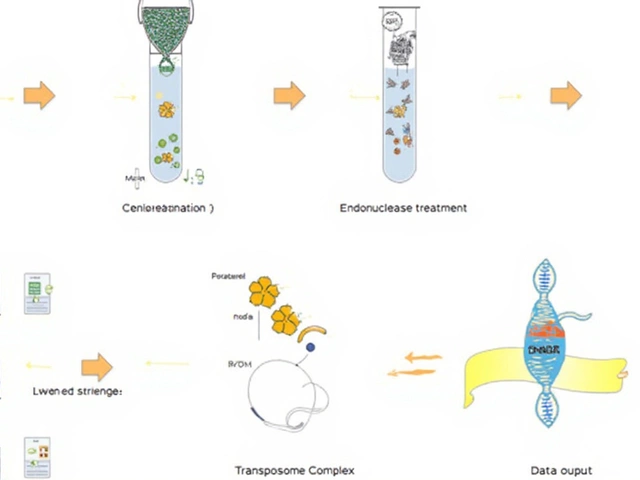Consumer News: What’s Really Happening in UK Supermarkets
Two stories are making the rounds right now – a viral claim that supermarkets will stop taking cash and a wave of food recalls across major chains. Both have shoppers wondering what to expect at the till and in the pantry. Let’s cut through the noise and give you the facts you need.
Is a Cash‑Ban Coming This September?
First up, the cash‑ban rumor. A social media post says every UK supermarket will go cash‑free in September. The short answer? No official policy, no press release, and no legal requirement forcing stores to ban cash.
Supermarkets can decide how they take payment, but they’re still required to accept cash under the Consumer Rights Act. Most chains already offer contactless, card, and mobile payments because they’re fast, but cash remains a legal option. Some stores are experimenting with fewer cash registers to cut queues, yet you’ll still see at least one cashier taking notes.
Why does the rumor feel plausible? Cash usage is dropping – the Bank of England reports a steady decline in cash transactions over the past decade. That trend fuels speculation that retailers might soon push a fully digital checkout. But until Parliament passes a law, cash stays on the table.
What can you do? Keep an eye on official communications from the stores you shop at. If a branch announces a temporary cash‑only lane closure, that’s a business decision, not a nationwide ban. And if you prefer cash, there’s still a place for it.
Food Recalls: Which Products Are Affected?
Switching gears, the other hot topic is the recent spate of food recalls. Tesco, Sainsbury’s, and other big names have pulled several items after labs flagged health risks. Items include pork steaks, some brands of tahini, and a range of crisps.
The main concerns are salmonella contamination and undeclared allergens. If you have a peanut or gluten allergy, those recalls could be a matter of life or death. The recalls are being handled under the Food Standards Agency’s rapid alert system, which means supermarkets must remove the products from shelves and issue refunds.
How can you protect yourself? First, check the recall notices on the retailer’s website or the FSA’s list. If you bought any of the listed items, bring them back for a full refund – no questions asked. Second, keep receipts for a few weeks after purchase; they make the return process smoother.
Lastly, remember that recalls are a sign of the system working. When a problem is found, the chain of command moves quickly to protect consumers. Staying informed helps you avoid any unpleasant surprises.
Bottom line: cash isn’t disappearing overnight, and the food recall wave, while unsettling, is being managed actively. Keep an eye on official updates, hold onto receipts, and you’ll navigate these supermarket changes without a hitch.






